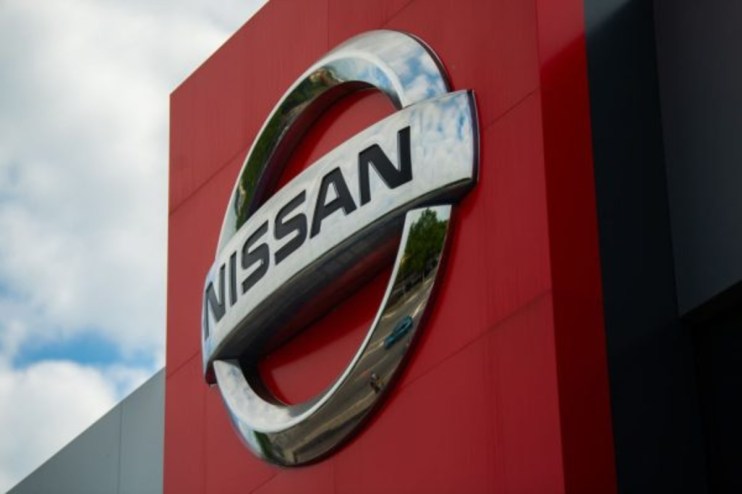Honda and Nissan merger talks spark UK job fears

Speculation over Honda and Nissan’s potential merger has fuelled concerns that wider consolidation in the automotive market may disproportionately impact British manufacturing jobs.
The exploratory talks, revealed on Tuesday by the Nikkei newspaper, come as automakers grapple with increasing competition from rapidly-growing Chinese electric vehicle (EV) companies and tightening rules on the sale of petrol and diesel cars.
That Honda and Nissan are mulling such a deal will not be a surprise to those in the industry. Mainstay players such as Stellantis and Volkswagen Group have acquired multiple marques over the years and turbulence in today’s market is fuelling consolidation.
Shares in Nissan surged over 20 per cent on Wednesday and, according to a Bloomberg report, the tie-up has already got the backing of the firm’s biggest shareholder, Renault. There are also reports Mitsubishi, in which Nissan is a main shareholder, may get pulled in.
“The Japanese carmakers had already agreed in March to explore a joint venture on electric vehicles and a merger feels like the next logical step,” Russ Mould, investment director at AJ Bell, said.
“The two major issues facing the industry are a regulatory push to increase the volume of electric vehicles on the road when demand is uneven thanks to high prices, limited choice and range anxiety as well as the threat posed by Chinese EV makers who are able to offer lower cost vehicles thanks to lower manufacturing costs.”
More pain in the UK?
Yet as carmakers increasingly look for partnerships to reduce costs, the risk to job security ramps up.
Given the scope for Japanese politicans to intervene over job cuts, analysts have cautioned any deal between Honda and Nissan would be complicated and take time.
But experts told City AM the UK could be particularly exposed to increasing M&A in the wider sector, due to a bruising tax environment under the current government and wider industry decline.
“As synergies are reviewed, the UK manufacturing industry will be in the crosshairs as recent tax changes make us an unfavourable and expensive option compared to other countries,” Adrian Stalham, chief change officer at the consultancy Sullivan & Stanley, said.
The combination of national insurance hikes and increasing corporation tax rates across Europe mean “eyes will start to look elsewhere,” he added. “Many existing UK manufacturers are given tax incentives to stay but many will be asking how long that will last.”
The bleak forecasts come after the Dutch giant Stellantis announced plans to close its electric van making facility in Luton, placing 1,100 jobs at risk.
City AM reported in October that Stellantis’ subsidiary Vauxhall had shed more than 200 jobs in 2023 in a bid to cut costs.
“The UK has systematically dismantled its manufacturing industries over the past decades and the UK automotive industry should brace for a possible 20 per cent shrinkage in size due to automation and competitive pressures over the next five years,” Stalham told City AM.
A spoksperson for Honda said: “Media reports that Honda, Nissan and Mitsubishi are considering a business integration are not based on an announcement from our company.
“As announced in March and August of this year, Nissan, Honda, and MMC are considering various possibilities for future collaboration, but no decisions have been made. If there are any updates, we will inform all stakeholders at the appropriate time.”